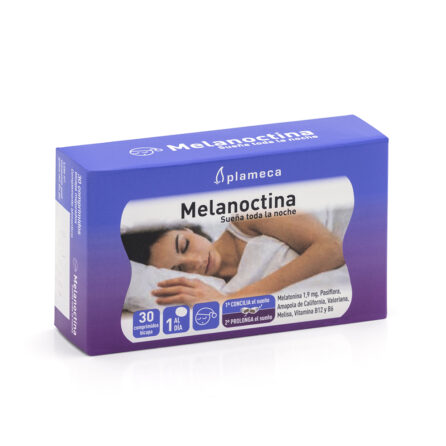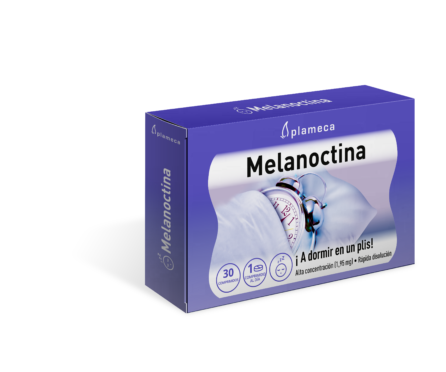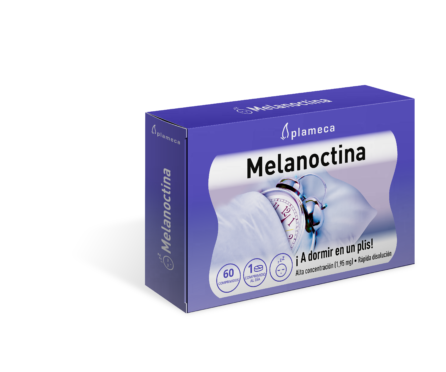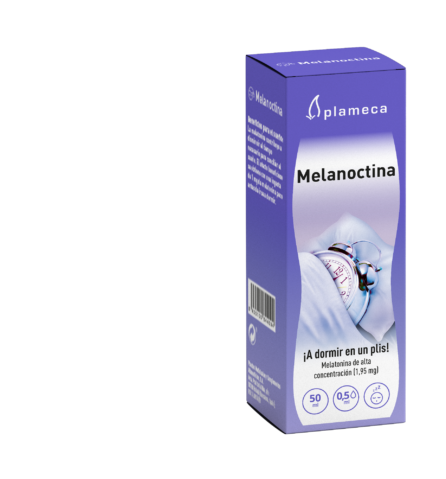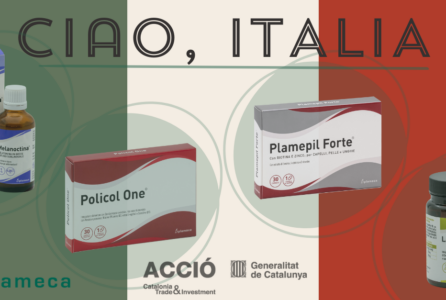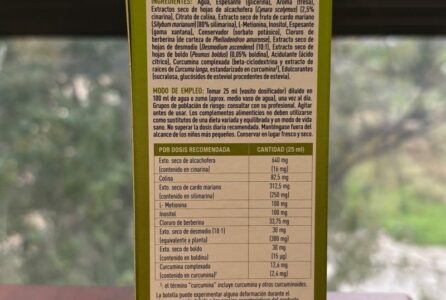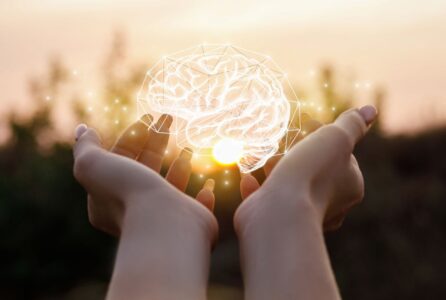The melatonin is a hormone secreted by the pineal gland, located between the two hemispheres at the back of the brain. In the words of the pharmacist José Luis Allué Blasco, the melatonin acts as a kind of messenger of the biological clock that informs us of the circadian cycle of light and darkness, i.e., of wakefulness and sleep. Thus, the secretion of melatonin is very low during the day, begins to increase around bedtime, peaks in the middle of the night (between 2:00 a.m. and 3:00 a.m.) and decreases upon rising.
The melatonin is therefore a natural substance produced by the body itself to, among other functions, regulate the dream. It should be noted that, with age, the pineal gland secretes less melatonin and that would explain the sleep disorders that some older people suffer from. However, the alteration of the circadian rhythm and the sleep disorders are mainly related to poor lifestyle habits (inadequate diet and sedentary lifestyle) and to pathologies typical of developed societies (obesity and type II diabetes).
Common sleep disorders
- Delayed sleep phase syndrome. The person has a sleep of normal duration and structure, but delayed with respect to the conventional social schedule. Sleep begins between 2:00 and 6:00 a.m. and awakens between 10:00 and 13:00.
- Sleep phase advancement syndrome. It is the opposite case: evening drowsiness. The individual begins to feel sleepy between 18.00 and 21.00 h. and wakes up spontaneously between 2.00 and 5.00 h. in the morning.
- Rapid time zone change syndrome (Jet Lag). It occurs when there is a transient decoupling between the ambient chronological time and the person's sleep-wake rhythm as a result of rapid travel between different time zones.
- Night worker sleep disorder. It occurs mainly in individuals who work on a shift system, either at night, early in the morning or rotating shifts, being particularly severe in the latter.
All these disorders have consequences such as daytime sleepiness, decreased cognitive abilities, insomnia during the rest period and non-restorative sleep.
The melatoninThe use of this product as a dietary supplement helps to alleviate some of the aforementioned disorders by reducing the time needed for falling asleep. The melatoninproduct that in Plameca we market under the name of Melanoctinais particularly suitable for people who have to work on a shift system and in cases of jet lag. So include it in your first aid kit, if you are going to make a transoceanic trip by plane during these vacations. Have a good trip and happy dreams!
Source: Spanish Sleep Association (ASENARCO)
Photo: Ana Blazic Pavlovic
